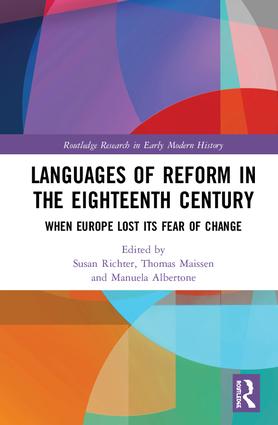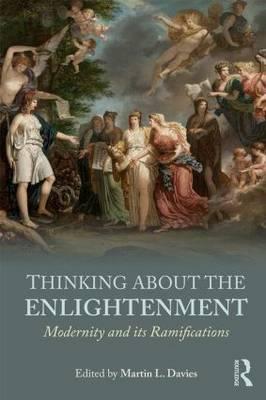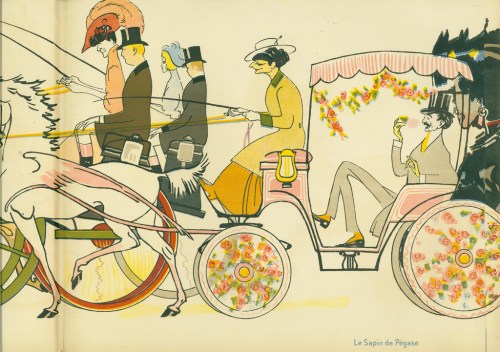 An article I wrote on the efforts to reform the German language during the late eighteenth and early nineteenth centuries has been published in a volume edited by Susan Richter, Thomas Maissen and Manuela Albertone. Languages of Reform in the Eighteenth Century: When Europe Lost Its Fear of Change, published by Routledge, is based on a series of conferences held in Paris (2014), at the Villa Vigoni (2015) and in Heidelberg (2016). It’s scope is defined thus by the editors:
An article I wrote on the efforts to reform the German language during the late eighteenth and early nineteenth centuries has been published in a volume edited by Susan Richter, Thomas Maissen and Manuela Albertone. Languages of Reform in the Eighteenth Century: When Europe Lost Its Fear of Change, published by Routledge, is based on a series of conferences held in Paris (2014), at the Villa Vigoni (2015) and in Heidelberg (2016). It’s scope is defined thus by the editors:
Societies perceive “Reform” or “Reforms” as substantial changes and significant breaks which must be well-justified. The Enlightenment brought forth the idea that the future was uncertain and could be shaped by human beings. This gave the concept of reform a new character and new fields of application. Those who sought support for their plans and actions needed to reflect, develop new arguments, and offer new reasons to address an anonymous public. This book aims to compile these changes under the heuristic term of “languages of reform.” It analyzes the structures of communication regarding reforms in the 18th century through a wide variety of topics.
My own contribution, titled
Mending the Boat While Sailing:
Languages of Linguistic Reform in the German Territories, c. 1750–1815
traces the ways in which projects of language reform in the German territories were framed. It identifies two different ‘languages’ of linguistic reform dominating debates on the topic from the second half of the eighteenth century to the early decades of the nineteenth: a language of linguistic enlightenment and one of linguistic identity. Despite their common subject matter , their perspectives were fundamentally different. Thus, two competing approaches of speaking about language emerged, presenting contrasting vistas on the German language’s current state, the possibilities of its future reform, and their political and social implications.
My thanks go out to the editors as well as to the co-contributors for their efforts in getting together this wide-ranging volume.
The volume’s introduction, written by Pascal Firges, Johan Lange, Thomas Maissen, Sebastian Meurer, Susan Richter, Gregor Stiebert, Lina Weber, Urte Weeber, and Christine Zabel, can be read online here.





